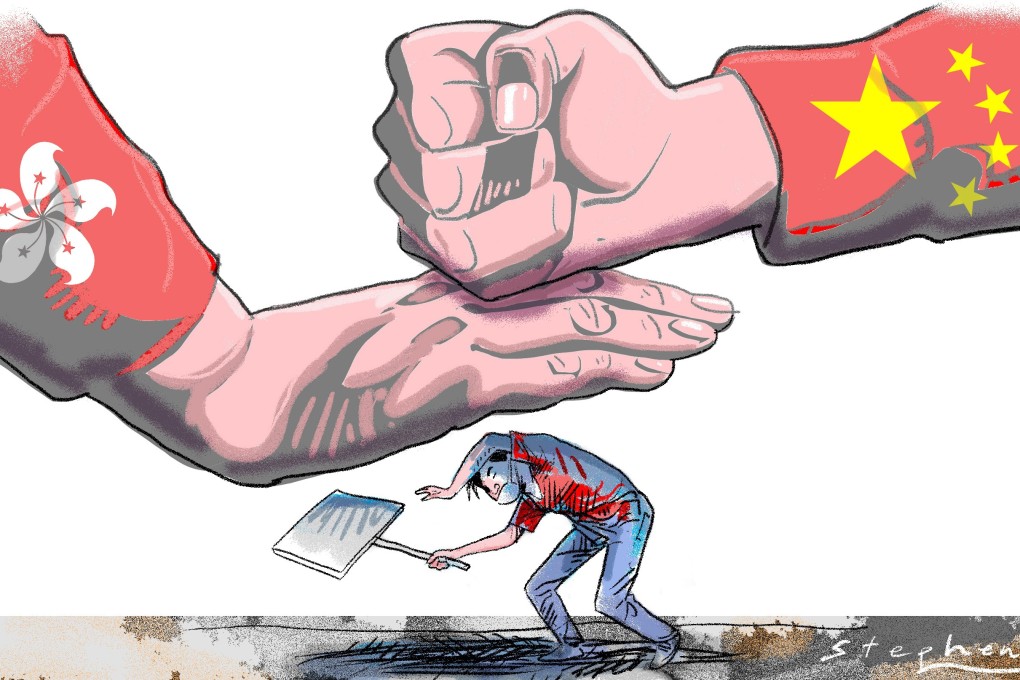Opinion | Amnesty for Hong Kong extradition bill protesters would heal society and close rifts with mainland China
- Hong Kong’s guidelines for prosecutors say there are conditions in which prosecution does not serve the public interest
- Recent acts, in a highly charged atmosphere created by unresponsive government, should fall under those conditions

The continuing political crisis in Hong Kong has reached, in the words of Chief Executive Carrie Lam Cheng Yuet-ngor, an impasse.
The government is merely dissembling. Its “listening” and “dialogues” are pure window dressing rooted in Hong Kong’s political culture – Confucian authoritarianism, by which the old and rich are wise and the young and less well-off immature, uninformed or “spoiled” – and doomed to failure.
Arresting and prosecuting young people for their protests will only further alienate them. It will do nothing to ameliorate the schisms between Hong Kong society and the Hong Kong and central governments. It is precisely because the acts alleged to have constituted riots were committed for a political purpose, in a highly charged political atmosphere, that the government must consider extending amnesty for them, ideally through legislation.
The government is right to assert the importance of the rule of law. However, amnesty and the rule of law are not mutually exclusive.


